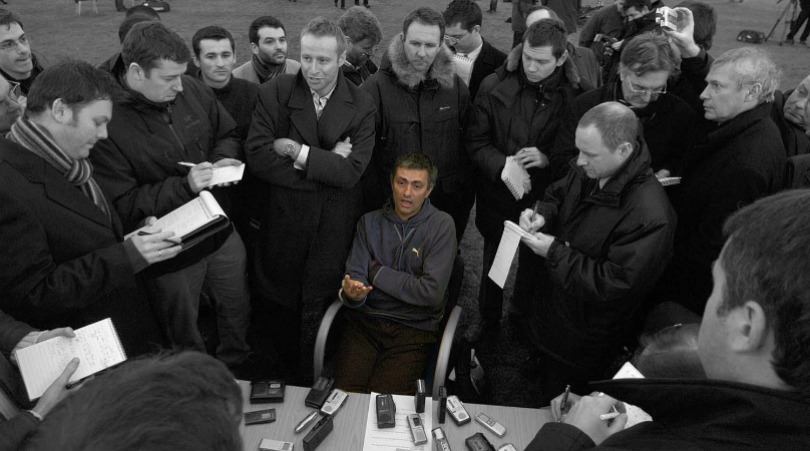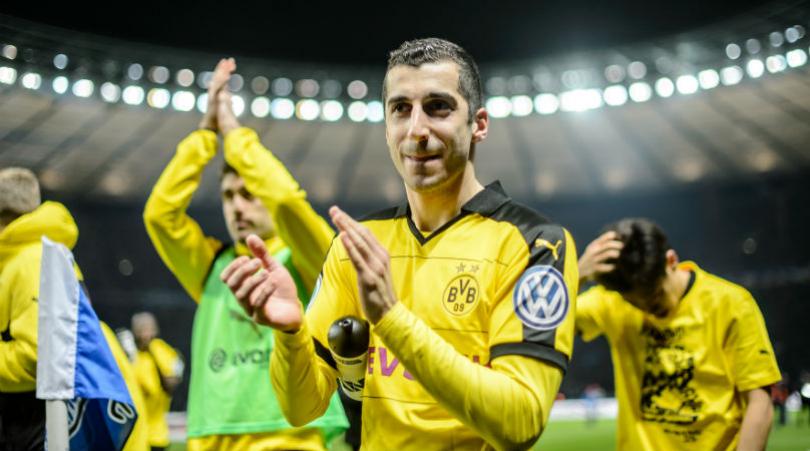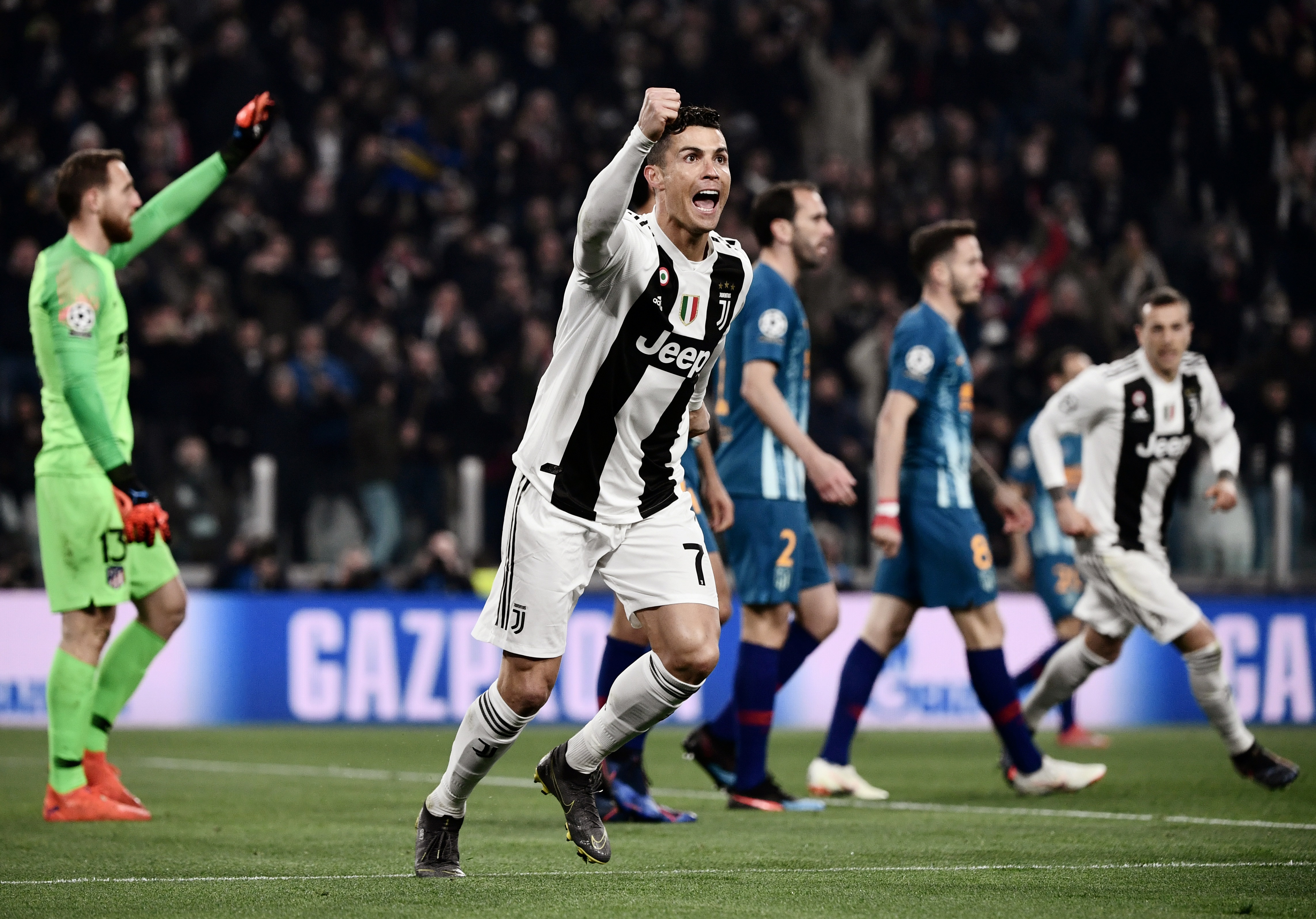Local boy Marcus Rashford is battling Manchester United’s club values, as well as Ibra
The 18-year-old might just be good enough to get into Jose’s team on merit alone, but his progress could be stunted by his club’s craving for attention, writes Alex Hess
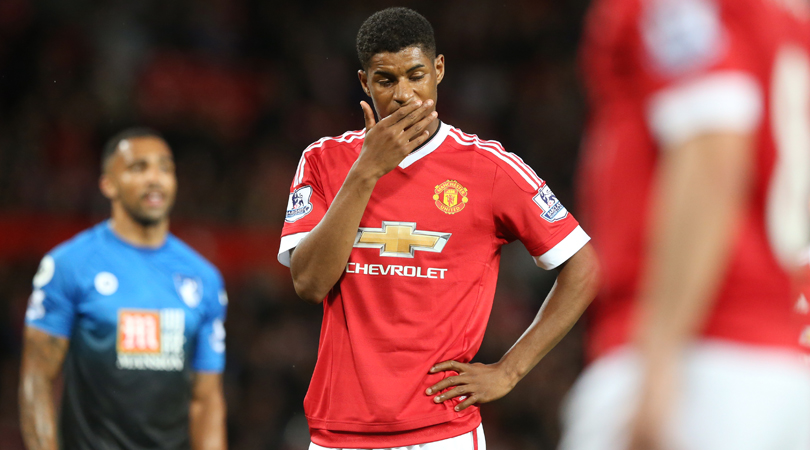
As Manchester United scramble to recover their status as England’s No.1 club, it’s no coincidence that their two major recruits this summer have been the planet’s most famous coach and striker.
There are plenty of footballing reasons behind the signings of Jose Mourinho and Zlatan Ibrahimovic, of course, but we can rest assured that the club who currently boast 23 commercial partners across the globe may have seen a few non-footballing reasons too.
The sharp-suited worlds of economics and commerce can often seem dry and boring to football fans, but in the case of United right now these are significant notions – perhaps even interesting ones.
Money talks
The year 2016 is particularly interesting, as the first in which commercial deals will account for a majority of United’s income
The year 2016 is particularly interesting, as the first in which commercial deals will account for a majority of United’s income. Sponsorship and merchandising makes up much of this, but so does the club’s capacity to sell itself to would-be corporate partners who are simply seeking an audience.
In this sense, the club’s goal is nothing more, and nothing less, than profile. The more famous Manchester United are – the more people who tune in to watch them, the more circulation its players have on social media – the better the club can hawk itself to prospective associates, and the more money it can make. The club’s owners, remember, are venture capitalists, not trophy collectors.
From this perspective, expensive short-term signings like Ibrahimovic (and Mourinho) are not in any way rash or ill-thought, but in fact perfectly sensible. They help make United the biggest story in football. Similarly, what could be more conspicuous and attention-grabbing than smashing the world transfer record to sign Paul Pogba, hottest property in Europe and burgeoning one-man brand? In that instance, spending crazy money would make perfect financial sense: a kind of inverse thrift.
Get FourFourTwo Newsletter
The best features, fun and footballing quizzes, straight to your inbox every week.
Making history already.We can confirm Zlatan broke power records in tests during his medical.July 2, 2016
It’s not a unique approach – Real Madrid have been doing something crudely similar for the past decade-and-a-half – but it is especially intriguing in the case of United, a club that prides itself (and sells itself) on misty-eyed notions of history, tradition and youth.
Local roots
It’s still early days, but not too early to say that Marcus Rashford looks like the real deal – a player whose well-honed technique is fused seamlessly with a penchant for fearless dribbling and a poacher’s instinct
This intrigue is even greater given the timing: United are currently seeing the emergence of their most exciting academy product in 20 years. It’s still early days, but not too early to say that Marcus Rashford looks like the real deal – a player whose well-honed technique is fused seamlessly with a penchant for fearless dribbling and a poacher’s instinct for sniffing out goals.
In the recent past, Rashford’s age, ability, playing style and local roots would have put him in the perfect position to be given a fair – even an overly fair – crack at establishing himself at United. Under the new order, the path may not be so clear, as Ibrahimovic’s arrival demonstrates.
"We are continuing a long Manchester United tradition of bringing through our own talent,” assured Ed Woodward at the end of last season, citing Rashford as proof. At the Dublin web summit in 2014, United’s commercial director Richard Arnold boasted that “the new pope was announced the same day that Sir Alex Ferguson announced his retirement and we trended No.1 on Twitter”.
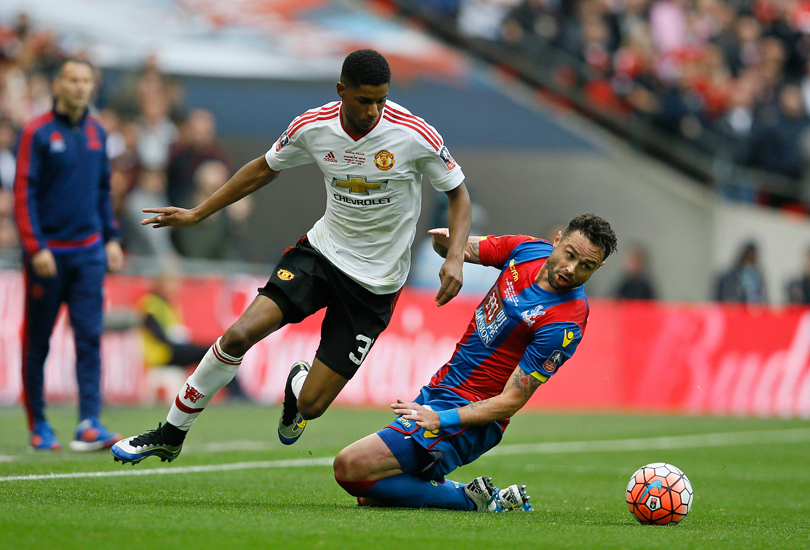
“We're directly in touch with 120 million fans,” said Arnold. “Sixty million via Facebook; 264 tweets a minute. Fan engagement underpins everything we do. It drives sponsorship integration, which is a huge source of funds for us.”
Blurred lines
It’s important to note that the notions of profile and success should not be set in opposition. In fact, they generally align fairly well: Ibrahimovic is famous for being a sensational footballer, winning titles wherever he goes; Mourinho is famous because he is serial trophy-hoarder.
United’s own status as a commercial juggernaut is drawn directly from the success they have earned and enjoyed in the past. But whereas back then one was very much the byproduct of the other, nowadays success (as measured by trophies) is in danger of becoming little more than a happy offshoot to the real strategy.
As for Rashford, his prospects are not helped by the fact that Mourinho has no track record of blooding youngsters for the sake of it. He will not pick the starlet simply to appease the spectre of Matt Busby.
What will very much help Rashford’s case, though, is the fact that Mourinho is interested only in winning football games – to the extent that he has turned pragmatism into a dogma – and Rashford himself is rather brilliant at football.
Rashford’s own excellence may be enough to carry him through, but the reality is that he’s fighting against forces that did not exist for youngsters of previous generations
As far as Mourinho is concerned, Rashford’s selection might often make more sense than some of his more commercially eligible team-mates, such as Memphis Depay, Wayne Rooney or even Ibrahimovic himself. Early signs are that he has a combination of pace, trickery and dependability that is unique within the United squad.
Becks the trailblazer
But to look at it purely in these terms is to miss the bigger picture, which is that the club will by its very nature always be on the lookout for a statement signing – a player to ramp up the level of glitz, glamour and attention.
Rashford, a quick, skilful attacker, is more likely than not to find his place threatened if and when they arrive. (There’s a reason those periodic rumours linking United with Neymar – perhaps the most marketable player in world football – refuse to die.)
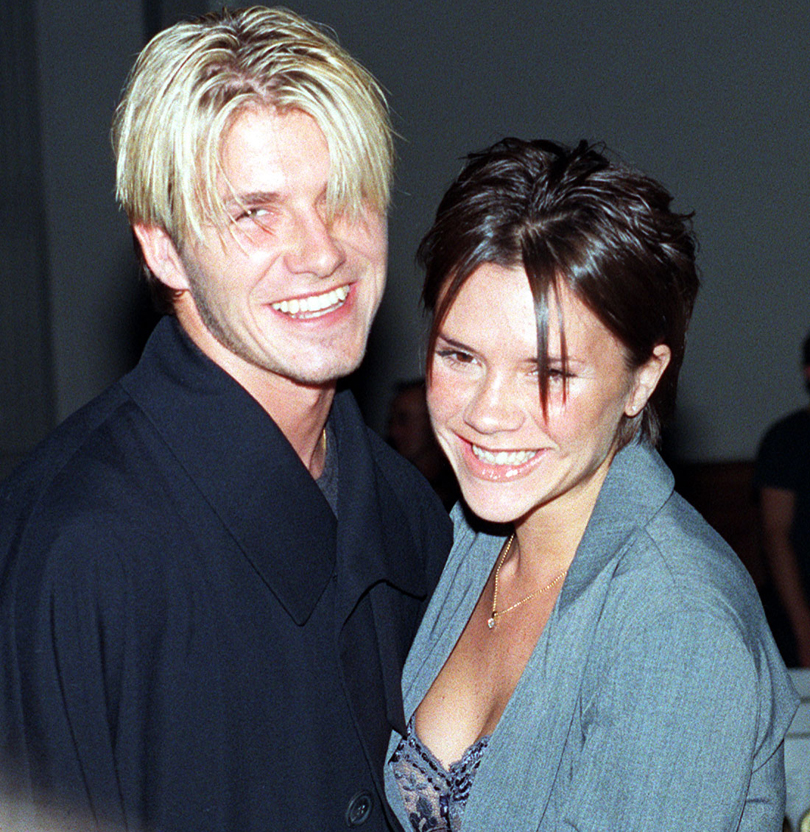
Rashford’s own excellence may be enough to carry him through, but the reality is that he’s fighting against forces that did not exist for youngsters of previous generations. At this point we can take a moment to drink in the irony that it was David Beckham – famed product of the same youth academy as Rashford – that pioneered the modern-day incarnation of footballer-as-celebrity that has come so hellishly full circle with players like Neymar and Ibrahimovic, who now stands in the way of Rashford’s place in the United team.
Perhaps, then, Rashford’s best hope of establishing himself at United is to sport a mohican, hit the Northern Quarter in a sarong and hire an army of social media gurus to send his ‘brand’ spiralling into the digital stratosphere.
Keep it going
Or perhaps he should just keep doing what he’s doing. After all, much of the joy in Rashford’s emergence has been its function as an antidote to the cynicism and corporate soullessness that increasingly defines top-level football, especially at the biggest clubs.
Moreover, the nature of his arrival seems almost to have played in his favour: having sprung from obscurity, he’s seemed liberated from the fame and scrutiny that weighs so heavily on his peers (not least during his brief England outings).
If he’s able to double down on that emergence and elbow his way to the forefront of United’s setup under the new order of hits, shares and ratings, then that feelgood factor will only continue to soar. And besides, nothing draws in the viewers like a feelgood movie – right?
